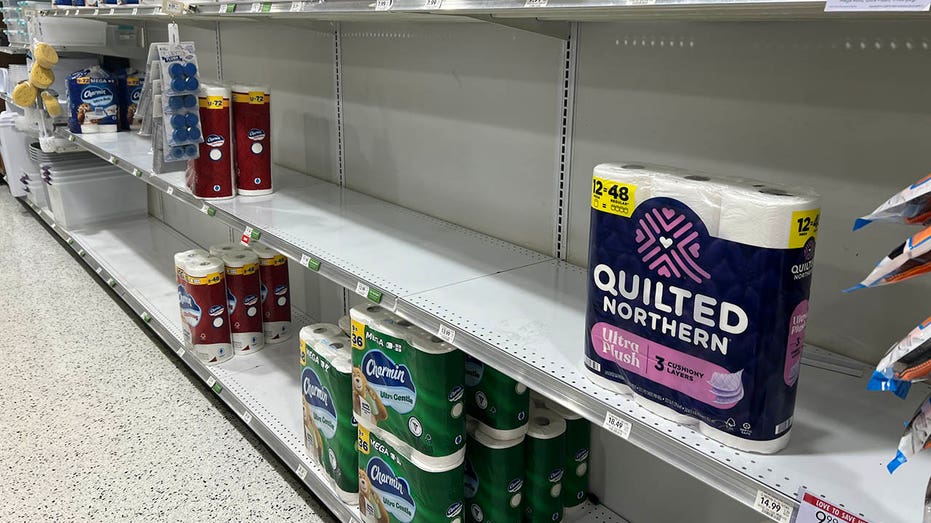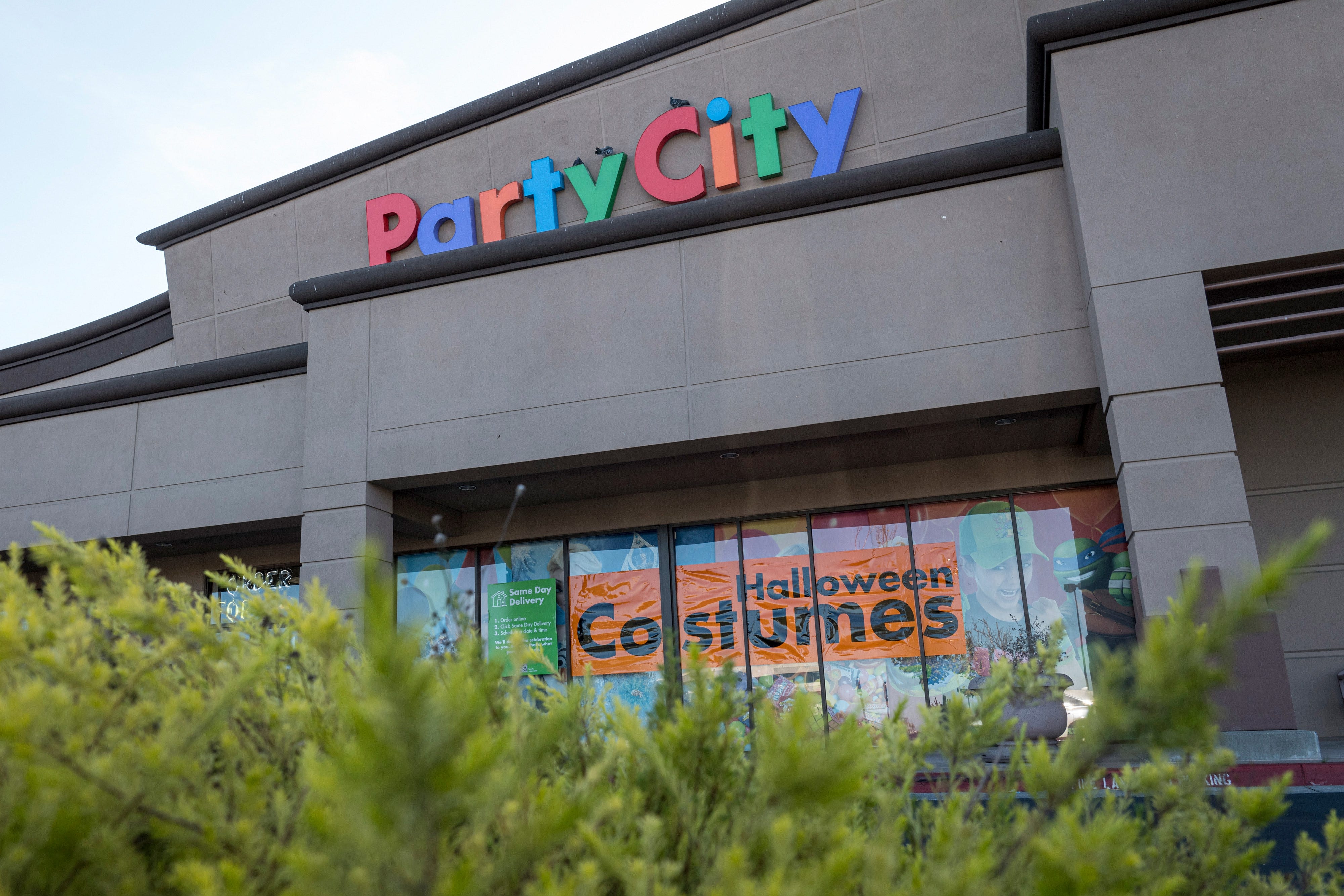The three-day port strike that began Tuesday led to panic buying, as some consumers feared a work stoppage would result in essential products and groceries becoming unavailable.
For the first time since 1977, the International Longshoremen’s Association (ILA) and its 45,000 dockworkers went on strike at dozens of ports that collectively handle about half of the country’s seaborne imports. However, only 7.5% of toilet paper is imported into the U.S., according to the market forecasting firm IndexBox.
On Thursday evening, the ILA and U.S. Maritime Alliance, which represents port employers, reached a “tentative agreement on wages and have agreed to extend the Master Contract until January 15, 2025 to return to the bargaining table to negotiate all other outstanding issues.”
The conditional offer was for a 62% wage increase, FOX Business has learned. The offer is on the table for the next 90 days. If no deal is reached within that timeframe, the proposed wage hike will be pulled.
Before the strike was suspended, Walmart told FOX Business that it is “seeing pockets of increased demand on bath tissue and paper towels.” The company said it will keep a close eye on product availability and work with its supply chain to help ensure customers can find the items they need.
Walgreens confirmed to FOX Business that it has also seen an increase in sales in some regions, but noted that it has supplies in stores across the country.
CVS told FOX Business that it’s seen social media chatter about this and that it’s monitoring its product availability.
PORT STRIKE: HOW MUCH DOES THE UNION BOSS LEADING THE CHARGE MAKE?
Taylor Murray, a resident of Manvel, Texas, came across a packed parking lot and empty shelves of toilet paper at her local H-E-B store.
“Unfortunately, the store had yet to put out signs requesting product limits, and no announcements were made while I was in the store,” Murray said. “Quite frankly, I don’t think stores knew just how many people would storm stores as a result of the port strikes.”
H-E-B said most of its products are not affected by the strike and that its stores are receiving shipments daily, including for toilet paper.
“We are not experiencing port-strike related impacts or shortages at shelf at this time,” the company said.

In Rosewell, Georgia, Becky Boyd faced a similar issue at her local Publix store. Boyd told FOX Business that there were “slim pickings” and she couldn’t find her preferred brand.
“There were some packages of other brands, but probably only about 20 packages where there are usually [over] 100,” she said.
FOX Business reached out to Publix for comment.
The National Retail Federation, the largest retail trade group in the U.S., told FOX Business that the industry is working with supply chain partners in the manufacturing, supply, logistics and shipping industries to ensure essential products and services remain readily available.
“There is no need for panic buying, and we encourage consumers to shop responsibly,” the trade group said. “If you don’t need an item in the next two weeks, please leave it for someone who does.”
However, psychotherapist Jonathan Alpert told FOX Business that this type of behavior isn’t always rational and is, in part, driven by fear.
“This panic buying we’re seeing related to the strike is essentially driven by three factors: fear, herd behavior, and a need for control in uncertain situations,” Alpert said. “Panic buying is triggered by fear of scarcity. People might think “what if I can’t get toilet paper?” or “What if the price goes up so high I can’t afford it?”












